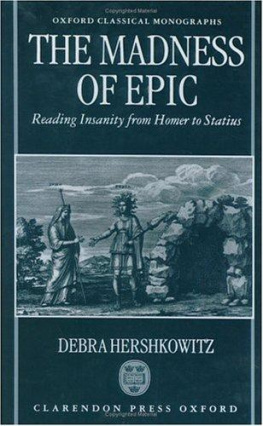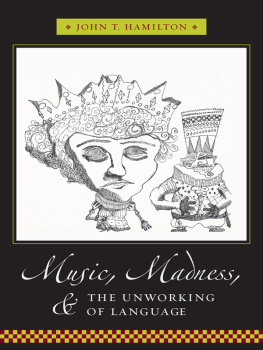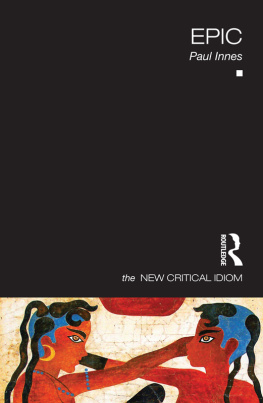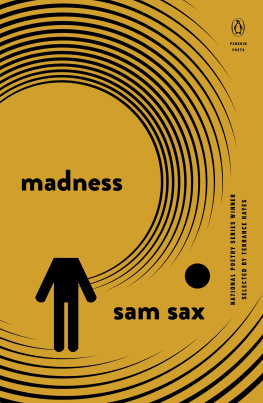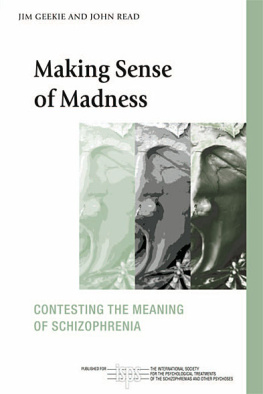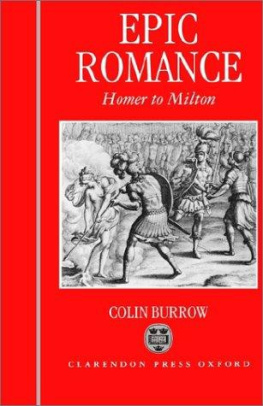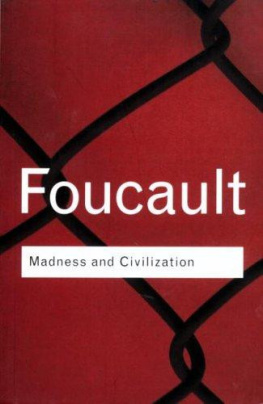The Madness of Epic
Reading Insanity from Homer to Statius
DEBRA HERSHKOWITZ
CLARENDON PRESS - OXFORD 1998
-iii-
Oxford University Press, Great Clarendon Street, Oxford OX2 6DP
Oxford New York Athens Auckland Bangkok Bogota Bombay Buenos Aires Calcutta Cape Town Dar es Salaam Delhi Florence Hong Kong Istanbul Karachi Kuala Lumpur Madras Madrid Melbourne Mexico City Nairobi Paris Singapore Taipei Tokyo Toronto Warsaw and associated companies in Berlin Ibadan
Oxford is a registered trade mark of Oxford University Press
Published in the United States by Oxford University Press Inc., New York
Debra Hershkowitz 1998
The moral rights of the author have been asserted
First published 1998
All rights reserved. No part of this publicationmay be reproduced, stored in a retrieval system, or transmitted, in any form or by any means, without the prior permission in writing of Oxford University Press. Within the UK, exceptions are allowed in respect of any fair dealing for the purpose of research or private study, or criticism or review, as permitted under the Copyright, Designs and Patents Act 1988, or in the case of reprographic reproduction in accordance with the terms of the licences issued by the Copyright Licensing Agency. Enquiries concerning reproduction outside these terms and in other countries should be sent to the Rights Department, Oxford University Press, at the address above
British Library Cataloguing in Publication Data Data available
Library of Congress Cataloging in Publication Data The madness of epic: reading insanity from Homer to Statius | Debra Hershkowitz. Includes bibliographical references. 1. Epic poetry, Classical -- History and criticism. 2. Statius, P. Papinius (Publius Papinius) -- Characters -Mentally ill. 3. Literature and mental illness -- Greece. 4. Literature and mental illness-Rome. 5. Homer -- Characters -- Mentally ill. 6. Mental illness in literature. 7. Mentally ill in literature. I. title. II. Series. PA3022.E6H4 1998 880'.09-dC21 97-44265 ISBN 0-19-815245-0
1 3 5 7 9 10 8 6 4 2
Typeset by Hope Services (Abingdon) Ltd. Printed in Great Britain on acid-free paper by Biddles Ltd., Guildford and King's Lynn
-iv-
For my Parents
-v-
[This page intentionally left blank.] | -vi- |
|
PREFACE
Mad call I it; for to define true Madnesse, What is't, but to be nothing else but mad.
( Shakespeare, Hamlet, 11. ii. 98-9)
When Vergil's Trojan women try to set fire to the ships, Ascanius desperately asks, quis furor iste nouus? ('What strange madness is this'?, Aen. 5. 670). Ovid's Pentheus, learning of the new rites being celebrated by the Thebans, demands to know, quis furor, anguigenae, proles Mauortia, uestras | attonuit mentes? ('What madness, offspring of serpents, offspring of Mars, has struck your minds'?, Met. 3. 531-2). Lucan's possessed matrona, during her prophetic vision of the upcoming civil war, asks, quis furor hie, o Phoebe, doce, quo tela manusque I Romanae miscent acies bellumque sine hoste este ('What madness is this, Phoebus, tell me, why Roman battle-lines mix weapons and hands, why there is war without an enemy', BC 1. 681-2). In her failed attempt to prevent her sons, mutual fratricide, Statius' Jocasta puts it most simply: quis furor? ('What is this madness'?, Theb. 11. 329). In each case the question is more than rhetorical: it seeks to determine or define the nature of the madness which has suddenly arisen, to understand that which cannot be understood. By its very repetition it calls attention to the fact that in each case the furor in question' is different: the Trojan women have been inspired by Iris, working on behalf of Juno, to their destructive deed; the newly made Bacchants are in the sway of Dionysiac frenzy; Caesar, Pompey, and their armies display the peculiarly Roman madness of civil strife; Jocasta's sons display the peculiarly Theban madness of the house of Oedipus. The changing nature of epic madness ensures that the basic question quis furor? never becomes redundant. This study does not try to answer the question; rather, its aim is to explore the reasons why it can -- and, in fact, must -- be asked again and again, and how the continuing and variable presence of madness in epic exerts its force on the texts' poetics.
The first chapter of this book serves as a general introduction to
-vii-
the concept of madness in the ancient and modern worlds, and to the representation of madness in the epic genre. Its sections on the appropriation of medical models of madness into epic, and in particular on epic's appropriation of tragic imagery, provide a catalogue of some of the most obvious instances of madness which will not be dealt with in later chapters. Chapters 2 to 6 are each devoted to a single epic (or in the case of Chapter 3, two epics). In Chapter 1 I discuss the methodology I have adopted for my investigation of madness in these epics; here I would just like to warn the reader that I have not approached madness in each epic in the same way, exclusively in terms of just one ancient or modern theory of madness, and that, as a result, the chapters form a series of related studies rather than a single, unified argument leading to a single unified conclusion about madness in epic. I have done this despite, or rather, because of the incessant repetition of quis furor? The answers given or denied to this question are different in every case; in spite of the interrelatedness of the representations of madness in each epic, there is no single unifying thread. At the same time, of course, I am not suggesting that the way I have chosen to read madness in each epic is the only way to do so. It would have been just as reasonable, for example, to use ancient philosophical ideas about madness as the focal point for the discussion of Turnus' madness in the Aeneid, rather than the modern psychological model I have used, or to examine the madness of the Bellum Ciuile in modern psychological rather than in ancient political and philosophical terms. None the less, I hope that the diversity of approaches to madness and the overall readings of the epics produced by them help to illustrate the wide range of meanings vested in epic madness, and the wide-ranging importance of madness to the meaning of epic poetry.
A quick glance at the table of contents of this book may prompt the question of why there are no chapters devoted to the Argonauticas of Apollonius Rhodius and Valerius Flaccus and to Silius Italicus' Punica. The texts I have selected for individual studies are those in which madness has a central narrative and meta-narrative function. Homeric epic, in which there is not much madness and on which there is a chapter, is the important exception which proves the rule. As for Apollonius' Argonautica, all the points I wished to make I found I had made in Chapter 1; and while both Valerius' Argonautica and the Punica contain many varied
-viii-
examples of madness, in neither does madness serve a central role. Nevertheless, a number of passages from Valerius' and Silius' epics are examined in the first chapter and in the notes of subsequent chapters (with Silius, as usual, getting the worst of it), and I hope to make up for any perceived under-representation of Flavian epic here with a forthcoming general study of Valerius' Argonautica.
The translations in this book, such as they are, are my own, except where otherwise specified. The majority of section I of Chapter 6 first appeared in the

